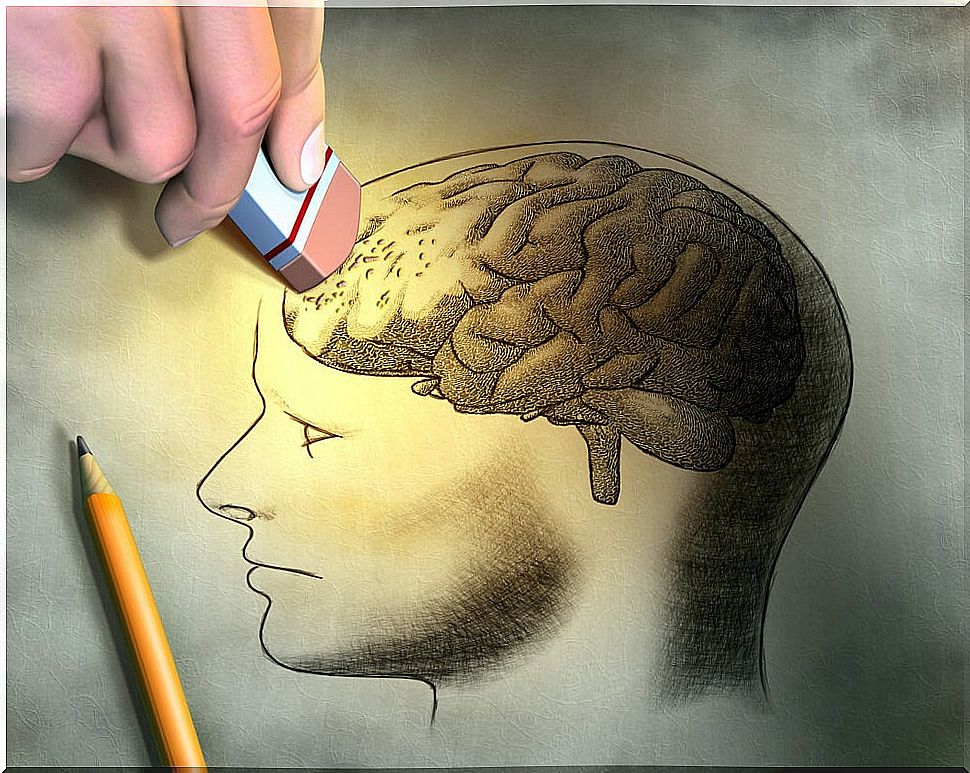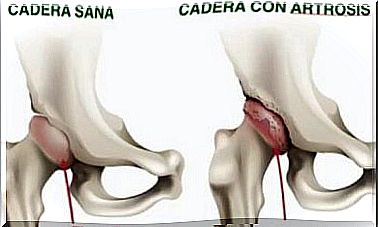Keys To Improving Short-term Memory
Specific data and images are much easier for our brain to retain. Let us make it easier for him, then, by exercising it.

Are you forgetting what you wanted to say? Don’t you remember why you went to the kitchen or what you need to buy at the market? Do you miss important dates or activities? Perhaps your brain is saturated with information and is rebelling.
Well, we have good news for you: This situation has a solution. In this article, we give you tips to improve short-term memory. A preview: the key could be to change certain habits and perform some exercises designed to exercise short-term memory …
Tips to improve short-term memory
There are two types of memory: short and medium term. The first is used to store immediate data, such as the name of a person we recently met. Its capacity is limited. The second is useful for tasks that require more concentration or effort, such as an exam or something we do on a daily basis.
If you haven’t been remembering things that were just said to you lately, you may need to exercise your short-term memory. If so, you should follow these tips:
1. Pay attention

The important thing is to avoid, whenever possible, doing more than one thing at the same time. Far from what one might believe, the usual practice of the philosophy called multitasking is counterproductive. It is true that humans have the ability to pay attention to two or more things, but it should not be abused.
Thus, instead of doing several things at once, we should focus our attention on doing one. It is a fact that the brain functions optimally when our attention is focused on the accomplishment of a single task. It is logical that, being this way, the result is incomparably better. On the other hand, it is easy to deduce that our brain and nervous system will suffer less stress.
2. Enjoy mind games
Short-term memory can be stimulated in many ways. The brain can respond to stimuli and exercises in the same way as the muscles of the arms. When you learn something new, the brain creates additional neural connections. This forces you to be more active.
Let’s take an example to make it better understood: Think of the urban subway network. Well, imagine that each new knowledge you acquire is like a line that is added to the tangle of routes and points that were previously connected to each other on that map. That’s why it’s so important to give your brain the exercise that gets it going.
Let’s take advantage of the comparison that we established a moment ago, between our brain and the functioning of the urban subway network: From the new problems that we propose, the brain will be able to build the rails that connect some thoughts with others. Everything, in pursuit of the resolution of the problem posed.
You may have heard of memory games . Well, games to exercise memory, along with puzzles and word searches, could be a very enjoyable and pleasant way to achieve this goal.
3. Use all your senses
Memories cannot only be created through what our eyes see. Surely, you still remember some aroma that you smelled frequently in your childhood. Perhaps you remember the smell of bread freshly baked by your grandmother. Or, you can recall a song your mother used to sing to you when you were scared.
Things like these that happened to us spontaneously in the early stages of life, you could make them happen in adulthood as well. So try to get the most out of your senses. It does not matter that now the will has to intervene; the result is the same and equally comforting for those who experience it.
As an illustration: let’s imagine you have trouble remembering a person’s name. Since the ear is involved in the formation of the memory, you could repeat it several times out loud. If you follow this advice, you will see that you can remember it.
Another example: consciously testing the flavor of a certain preparation could make it so that by fixing it in your memory, you can even remember the cooking recipe that you followed to prepare it. In this case, you would be strengthening the link between the brain and the organs involved in the functions of taste.
4. Lean on mnemonic resources
This technique of associating words, images or phrases could be of great help when it comes to improving short-term memory, as suggested by this study from the José Martí University of Pedagogical Sciences (Cuba). Memorizing rhymed texts and even poems is a very useful resource. For example, to remember which months have 30 days, many people recall: “September has 30 days, with April, June and November.”
You can even use your own rules based on easy-to-remember personal information. We refer, for example, to the initials of names of relatives or other people important to you. Use the formulas that are most comfortable for you to carry out this simple repetition exercise.
5. Segment the information and organize it

Many times, we find it difficult to remember a 10-digit phone number if we try to remember it as a whole. However, when we separate it into sequences of three, four, or two numbers, the same task becomes incomparably simpler.
Remembering the phone numbers we use the most could be a great and useful memory training exercise. Above all, on those occasions when we leave the mobile phone at home. The exercise consists of repeating these blocks of digits several times until you can fix the phone number in question in your memory.
The principle of segmentation can be applied to infinite situations that require you to organize yourself. Surely, while you were studying, you made a synoptic table where you summarized the main ideas of a text. So this could be a great practice. Go ahead and make outlines with information that you need to remember.
Remember that specific data and images are much easier for our brain to retain. Let us make it easier for him, then, by exercising it.
6. Eat better
Of course there is a relationship between daily diet and brain activity. A diet rich in omega-3 fatty acids improves memory, according to this study from Ohio State University. Remember that salmon, walnuts and avocado are foods rich in omega-3s.
Likewise, the vegetable protein provided by fruits and vegetables are essential for the physical-chemical processes to take place that allow the brain to create new connections.
7. Sleep well

You must have noticed that it is more difficult to remember some information when the day is coming to an end. Most likely, it also happens to you that you do not remember something simple, after having only slept 3 or 4 hours.
It is normal. They are the logical signs of exhaustion. We need to sleep as much as we need to eat. It is no secret to anyone that the brain needs to rest to perform.
Thus, it seems urgent to clean up our sleep habits. But what is meant by a healthy sleep routine? As simple as sleeping between 7 and 8 hours a day. Ideally, you go to bed and wake up around the same time each day. Ideally, you would also include a short 20-minute nap after lunch or lunch. They are usually extremely restorative.
Not for granted, it is less important to remember to avoid watching television in bed after dinner. Keep in mind, on the other hand, that eating a large meal could cause insomnia.
8. Practice physical exercises
Improving short-term memory is another of the many benefits that the regular practice of physical exercises brings us. When exercising, the body oxygenates itself; not just the lungs, but the brain as well. In this way, it will also increase the capacity of our governing body par excellence to keep active those areas involved in memorization. This is suggested by this study from the Parthenope University of Naples (Italy).
Particularly beneficial, in this regard, is cycling, running, or brisk walking. They are the ones that are known in sports jargon, such as aerobics.
Main image courtesy of © wikiHow.com









